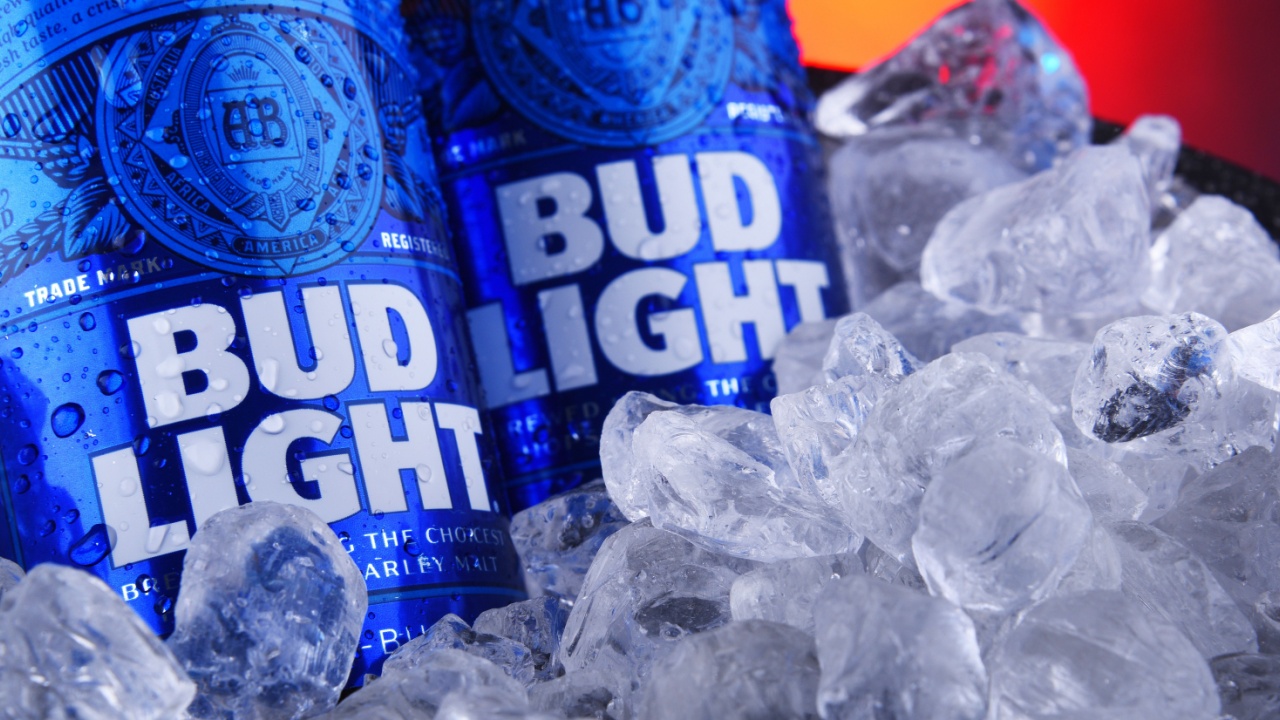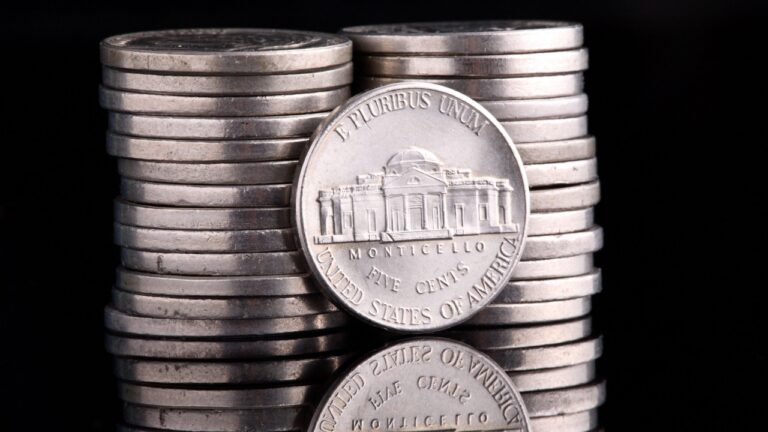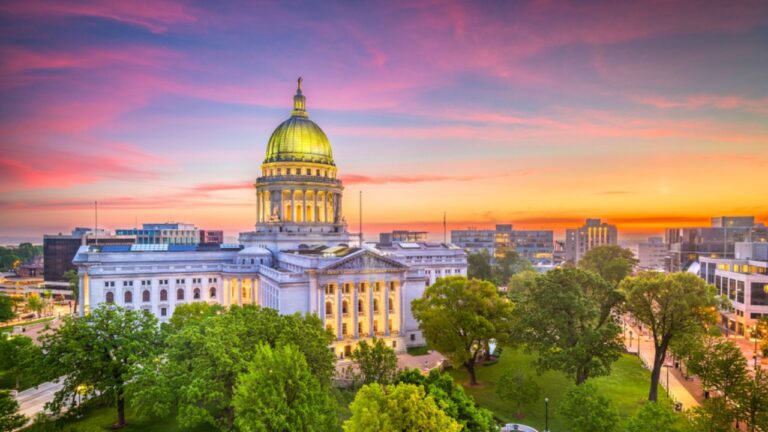13 Brands Been Accused of Going “Woke”

We are officially living in the age of “woke,” a word that stemmed from Erykah Badu’s 2008 song, “Master Teacher.” What began as a collective term for those who understood societal inequities has morphed into a negative insult.
The ideals behind “woke” have been hijacked by tone-deaf corporate interests. Subsequently, companies seeking cultural validation with their advocacy through advertising and cringeworthy publicity stunts frequently alienate customers. There is a link between wokeness and cancel culture — many people are fed up with the latter.
There are even organizations monitoring this cultural phenomenon, publishing lists of the biggest offenders. Anyone wishing to avoid this ethos may want to pay attention: here are the brands accused of being too woke.
1. Amazon

Retail behemoth Amazon has built a reputation on easy shopping and free delivery, overhauling commercial norms. However, the company shamed itself during Pride Month in 2022. The American Affairs Journal cites Amazon’s “Glamazon” event at the Seattle corporate HQ, wherein counter-protesters took action.
Staging a protest with transgender flags, the demonstrators blocked the pride rally from commencing, citing the company’s promotion of “transphobic books.” Instead of stopping the protestors, Amazon canceled the celebration.
2. The North Face

Like Bud Light, successful outdoor apparel corporation The North Face felt it needed to diversify its customer base in 2022. However, in doing so, they created political backlash. Promoting the great American wilderness to everybody is admirable, though it can become somewhat forced.
Drag queen Pattie Gonia became the face of The North Face in the brand’s Summer of Pride commercial in 2022. The character caused a storm in Congress: Newsweek reported how Georgia Congresswoman Marjorie Taylor Greene called for a boycott of North Face products.
3. Disney

Disney’s woke rap sheet is longer than most others. Last year, the fairytale conglomerate encountered a Snow White and the Seven Dwarves backlash after Rachel Zegler, who plays the titular character in the 2025 live-action release, angered fans with her comments.
DisneyFanatic relays how she accused the story of being “extremely dated.” Zegler also labeled Snow White’s Prince a “stalker.”
The young actress has since dialed back her rhetoric. Meanwhile, knowing what to expect in the new franchise is anyone’s guess. Let’s hope Disney puts the story first.
4. Microsoft

The weirdest opening to a corporate keynote speech happened on Microsoft’s watch at their Microsoft Ignite conference. Co-speakers Allison Wiens and Seth Juarez took turns prefacing their speeches by acknowledging what lay beneath them — sacred Native land.
As if that wasn’t odd enough, Wiens described herself as an “Asian and white female with dark brown hair, wearing a red, sleeveless top.” Next, Juarez did the same.
Was this for the visually impaired community, or were they just acknowledging their identities? It was rather confusing and came across as pandering.
5. Target

Pride Month was again central to another marketing campaign in 2023; this time, Target became the target of widespread criticism. The brand’s move toward LGBTQ-themed clothing aimed at toddlers upset loyal shoppers.
Target CEO Brian Cornell defended the move, saying dedication to diversity and inclusion was good for society. However, he later pulled many of the products in question from shelves following an unsurprising backlash.
6. Apple

“The values we share at Apple inspire the work we share with everyone,” reads the Apple vision statement. “They’re also why we’re committed to leaving the world better than we found it.” Apple’s 2023 “Mother Nature” ad campaign featuring Octavia Spencer was aimed at promoting ecological practices. The commercial appears contrary to the vision statement when considering the company’s recent accusations.
Last April, the Mail Online reported allegations that Apple was allowing child labor at partnered cobalt mining sites in the Democratic Republic of Congo (DRC). The company has since pledged to use recycled cobalt batteries — albeit by 2025.
7. Nike

In Greek mythology, Nike was the goddess of victory in both war and athletics, which is good branding with obvious Olympic connotations. However, Nike’s involvement in helping restore equality in the wake of the 2020 George Floyd protests came with a side of possible hypocrisy.
That same year, the Washington Post exposed how Nike’s shoe manufacturers had oppressed Uyghurs in Eastern China on the production line. It is unclear whether Nike was aware of the scenario, and the company has said it no longer uses these suppliers.
8. Gillette

There seems to be a correlation between DEI initiatives and riling the product’s chief target demographic — this was the case with hair-removal overlords Gillette. The company’s marketing team hired feminist director Kim Gehrig to shoot a “We Believe” commercial. The result was a TV spot telling the world’s shaving masses how toxic their thoughts were.
Of course, helping out young men who may be bullying victims is admirable, but Gillette’s approach just felt patronizing. It used outdated tropes and appeared to be aimed at women more than men. Gillette has since returned to its iconic, goosebump-inducing man-friendly ads.
9. Comcast

Comcast sought to make a difference at the height of 2020’s Black Lives Matter protests. CEO Brian Williams announced a $100 million Comcast RISE COVID recovery fund for entrepreneurs affected by pandemic lockdowns.
Controversially, the money was destined only to help female or minority-owned ventures, cutting out white business owners entirely. This decision led to a class-action lawsuit, and the idea was abandoned in 2022.
10. Pepsi

We will never forgive Pepsi for that Kendall Jenner ad. For those who were elsewhere in 2017, the “Live for Now” commercial showed why ad executives need more real-life experience.
In the ad, Jenner removes her public disguise to join street protestors, offering a police officer a can of Pepsi to quell the growing tension. Pepsi removed the commercial, but the woke cat was already out of the bag. Ironically, this sweet-tasting soda commercial left a bitter aftertaste of desperation.
1. Bud Light / Anheuser-Busch

In a bizarre turn of events, America’s best-selling beer had a makeover for 2023’s Pride Month. The decision to license the face of transgender influencer Dylan Mulvaney on Bud Light cans backfired in spectacular fashion. The outcome was over $1 billion in sales losses.
Somewhere along the line, the marketing department thought flag-loving NASCAR fans might prefer a rainbow can with Mulvaney’s face on it. Consequently, Modelo Especial took over the top spot, and Chief Marketing Officer Benoite Garbe parted ways with Bud Light at the end of the year.
12. Bank of America

In 2023, America’s second-largest bank has had its fair share of criticism for several DEI (diversity, equity, and inclusion) policies. In 2018, it revealed plans to exclude gun manufacturers, among other groups, from services and loans.
The idea that a bank can restrict clientele based on personal beliefs seems quite un-American. Then again, companies are people, aren’t they? In any case, Iowa Attorney General Brenna Bird created a 15-state coalition holding Bank of America accountable with an open letter.
13. The Academy

The Academy of Motion Pictures Arts and Sciences, also known as “The Academy,” is royalty in the woke kingdom. In 2020, it announced new eligibility for Oscars hopefuls under its Academy Aperture 2025 policy.
The initiative dictates that anyone wishing for their movie to be considered for Best Picture must include a series of race or gender-based quotas.
The new guidelines, which were a blow to global harmony, meant movies set in certain eras or locations would not make the grade. Moreover, the film’s subject matter must be about an underrepresented group, which seems far too narrow a category. Come on, now — Dead Poets Society (1989) was great!





